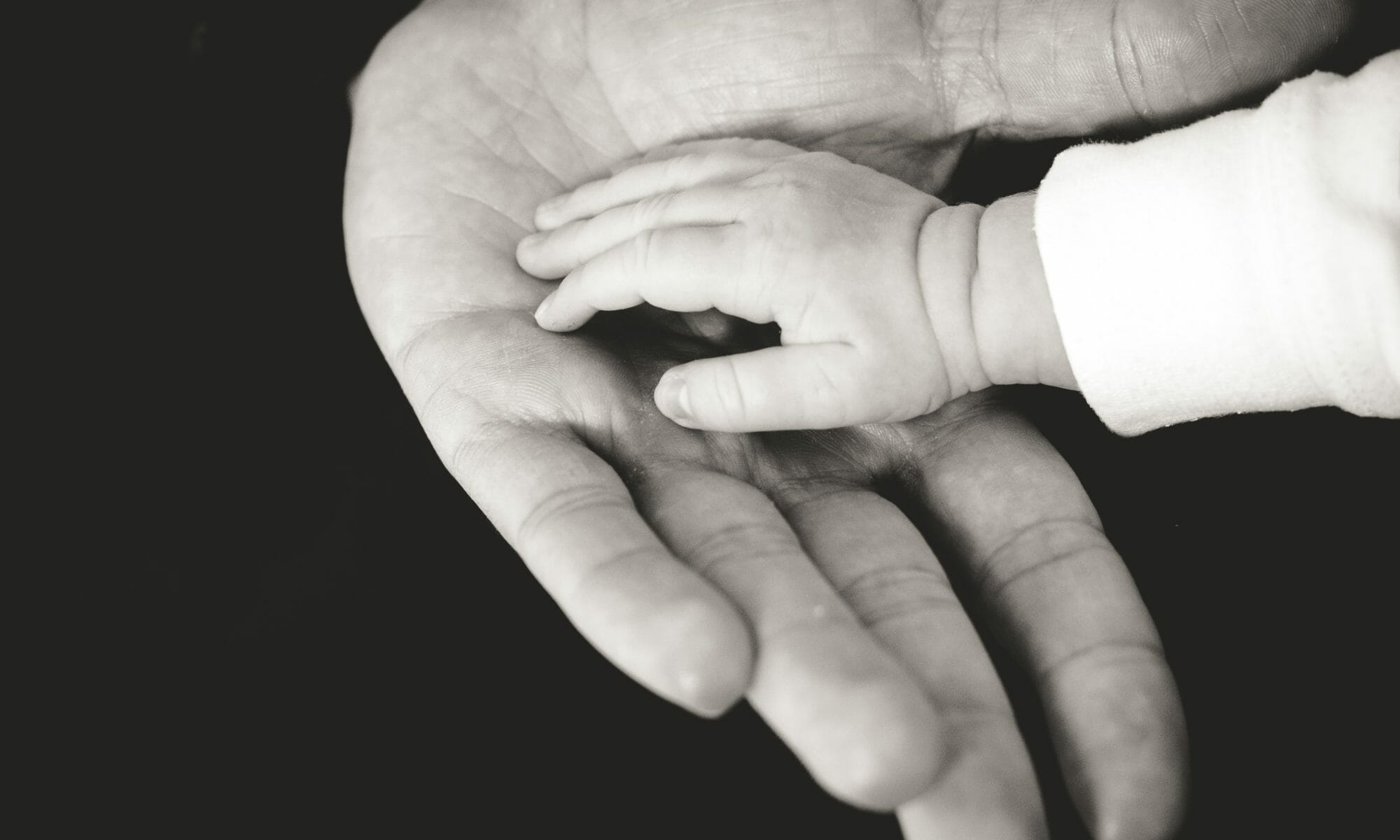For the sake of their children, many co-parents aim to work together. Experts recommend many strategies to contribute to this co-operation, which should result in an emotionally healthy environment for the children. Using a co-parenting schedule is one way to support positive co-parenting. Here are some ways that a co-parenting schedule helps you to communicate with your co-parent and promotes your relationship with your children.
-
1. Supports Open Dialogue
It is not always easy to talk to your former partner, especially when the end of the relationship is still raw. However, communication is essential to ensure the children get the support they require. By using a co-parenting schedule, you can update dates, times and schedule activities without having to engage in a face-to-face conversation. Sometimes it is easier on everyone to have a go-between, and in this case, it can be the scheduling software.
-
2. Creates Consistency
Many co-parents have legally binding schedules that allow them to spend time with the kids. By relying on software that keeps accurate track of when the children are set to go to their other home. There are fewer chances of errors. Fewer arguments or misunderstandings create a calmer environment for the children, who become accustomed to reliable and comforting routines. It creates consistency for everyone involved, so they can plan their lives without undue stress.
-
3. Promotes Flexibility
In addition to providing a consistent and reliable basis for the calendar of both houses, a co-parenting schedule allows for flexibility. With a clear, easy-to-read schedule, parents have little problem making room for an unexpected event or visit that may fall outside the normal routine. By knowing when the children are going to be at both houses, they can keep track of how time has been allotted and tend to be more agreeable for those times when one parent just wants their children to be part of a special celebration.
-
4. Allows for Sharing of Memories
Parents have one thing in common: they want to participate fully in the lives of their children. When they share time with a co-parent, it is inevitable they are going to miss some important experiences their children have with the other guardian. By using a co-parenting scheduling tool, they can swap photos, videos and other momentos of the other parents’ time. For the children, this can be extra special, since they can talk about the photos with the other parent when they return to their other home. When parents show a willingness to communicate and share, it makes it easier and more pleasant for the children.
-
5. Promotes Parent-to-Parent Discussion
As life evolves, both parents will experience major life changes. An online communication tool can allow parents to keep each other in the loop, without putting it on the shoulders of children to relay information. When a parent starts a new job, has an unexpected illness, is in a new important relationship. There will be tangible effects on the children. Direct information between co-parents can facilitate discussion about how these changes may disrupt the co-parenting routine and the emotional lives of everyone involved.
Creating a positive, healthy and nurturing environment for children is the objective of most co-parents. Using a co-parenting scheduling tool can make the process easier and less challenging for guardians, who may want to do the best for the kids but are still working through their own emotions. Learn more about how the scheduling tools offered by 2houses can help your family to grow and thrive.















